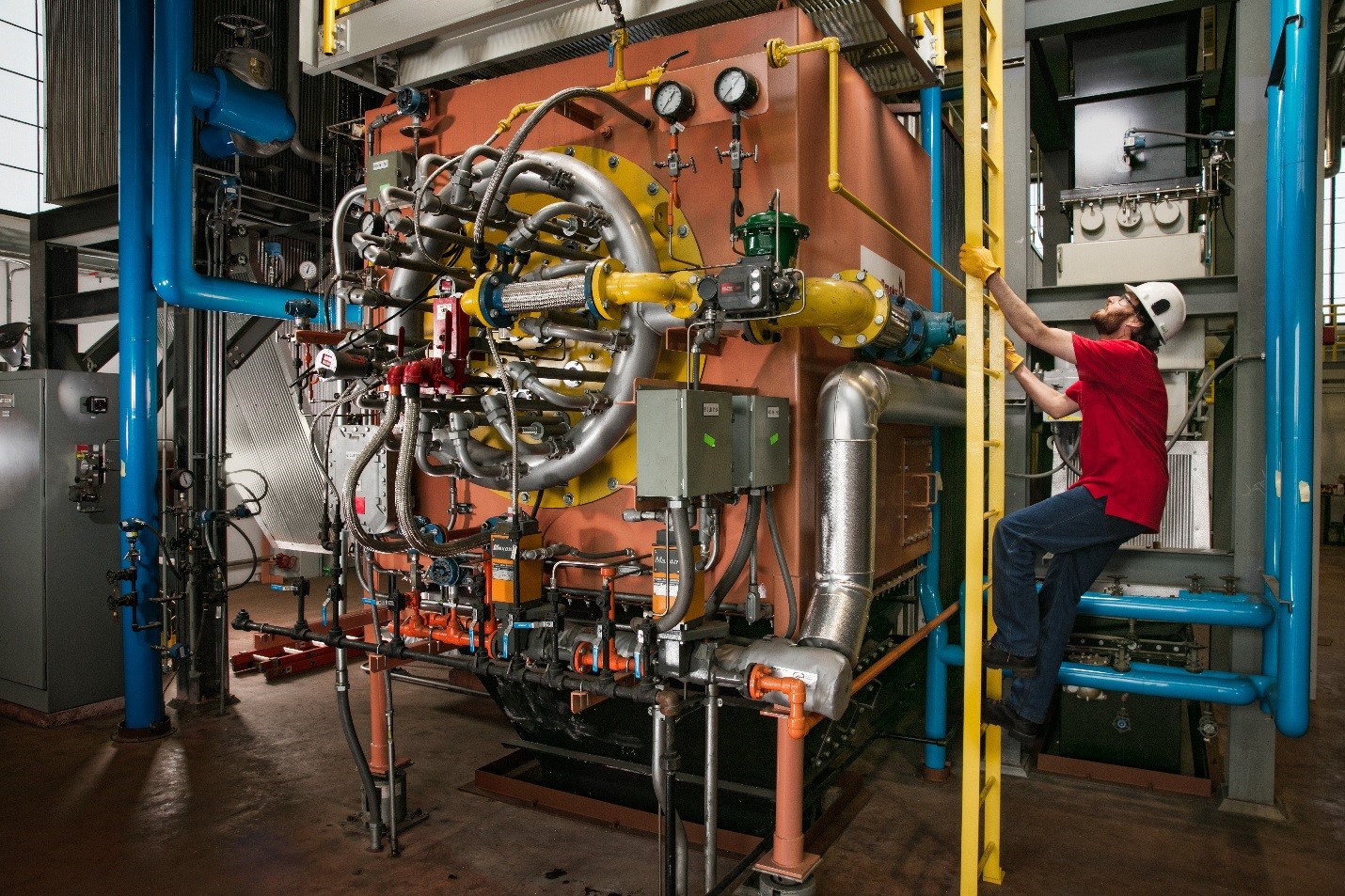ANSI Standards Action Weekly Edition
Starting 2023 we break down our coverage of education community energy codes and standards into two tranches:
Energy 200: Codes and standards for building premise energy systems. (Electrical, heating and cooling of the building envelope)
Standards Michigan: Building Transformers are Oversized and What We Are Doing About It
(Hint: We are routinely “outvoted” on the National Electrical Code by stakeholders whose revenue depends upon oversized transformers.)
National Electrical Manufacturers Association (Free Download): Benefits of Electrical Submeters
Energy Star Data Trends: Energy Use in Residence Halls
University of Alabama: Which Residence Hall Can Save the Most Energy?
Energy 400: Codes and standards for energy systems between campus buildings. (District energy systems including interdependence with electrical and water supply)
| ΔE=ΔKE+ΔPE+ΔU=Q−W |
A different “flavor of money” runs through each of these domains and this condition is reflected in best practice discovery and promulgation. Energy 200 is less informed by tax-free (bonded) money than Energy 400 titles.
Best of 2015: Tough talk about US & Canadian energy conservation standards and regulationshttps://t.co/2BqxcR0tKE pic.twitter.com/84jTVruuMd
— Standards Michigan (@StandardsMich) January 2, 2016
Some titles cover safety and sustainability in both interior and exterior energy domains so we simply list them below:
ASME Boiler Pressure Vessel Code
ASHRAE International 90.1 — Energy Standard for Buildings Except Low-Rise Residential Buildings
International Code Council 2021 Energy Conservation Code
cdpACCESS | Energy Complete Monograph for all 2021 cycle energy proposals (1270 pages)
International Code Council 2021 International Green Construction Code
NFPA 855 Standard for the Installation of Stationary Energy Storage Systems
IEEE Electrical energy technical literature
ASTM Energy & Utilities Overview
Underwriters Laboratories Energy and Utilities
There are other ad hoc and open-source consortia that occupy at least a niche in this domain. All of the fifty United States and the Washington DC-based US Federal Government throw off public consultations routinely and, of course, a great deal of faculty interest lies in research funding.
Please join our daily colloquia using the login credentials at the upper right of our home page. We are also rolling out another facility — [MEETING POINT] — which should be ready for use sometime mid-2023.
More
Economics of Energy, Volume: 4.9 Article: 48 , James L. Sweeney, Stanford University
Helmholtz and the Conservation of Energy, By Kenneth L. Caneva, MIT Press









